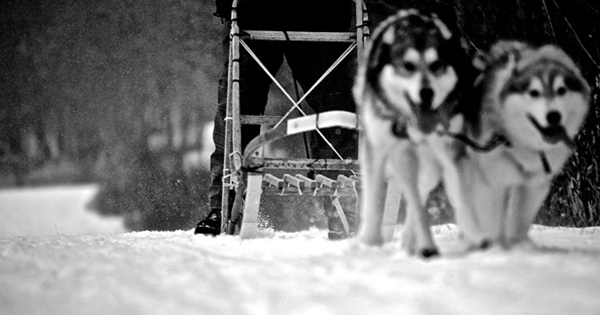
There is no better time than winter to take shelter from reality in the clutch of a good book. Though one blizzard may have come and gone here on the East Coast, one can never be too prepared for the next one. Stow one of these tales away in your emergency kit along with a flashlight and some rations, and you’ll be properly ready.
Pair your pick with our selection of 10 wintry musical classics, curated by managing editor Sudip Bose.
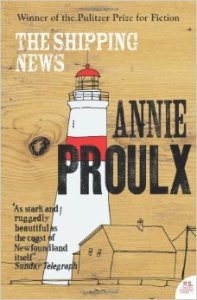
Set in icy Newfoundland, this Pulitzer Prize and National Book Award–winning novel about an oafish newspaperman’s transformation contains winter metaphors like this one: The protagonist’s thoughts churned like “a heaving sludge of ice under fog where air blurred into water, where liquid was solid, where solids dissolved, where the sky froze and light and dark muddled.”
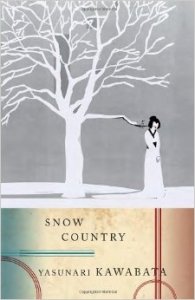
Nobel Prize–winner Yasunari Kawabata spins a tale of failed love and emotional isolation set in the cold mountains of western Japan, where deep snow isn’t the only obstacle to human connection. The novel began as a short story that Kawabata expanded over a decade; just before his death, he turned the bones of the tale into an even shorter version, “Gleanings from Snow Country,” one of his “palm–of–the–hand” stories.
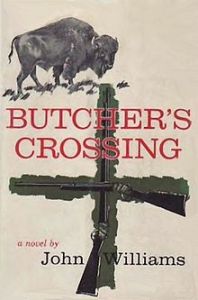
Dressed up as a Western adventure story, Butcher’s Crossing is deadly serious in its depiction of the dark side of Manifest Destiny, the despoliation of a virgin landscape, and the ruin of its inhabitants—in this case, a herd of American buffalo. Hidden in a remote valley of the Rocky Mountains, the herd exists in peaceful balance with nature until it is discovered by a band of hunters driven to the slaughter for want of fame and wealth.

Spanning nearly two decades, this epic novel of the Russian Revolution features Pasternak’s alter ego, a doctor who is also a poet, and his great love for the wife of a revolutionary.
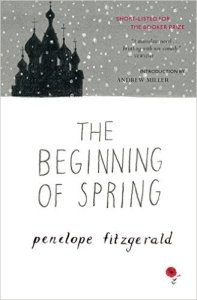
Perhaps the greatest Russian novel not written by a Russian, The Beginning of Spring is a brilliant comedy of manners set in pre-Revolutionary St. Petersburg. Fitzgerald’s powers of observation are at their sharpest, especially in the details of daily Russian life, though her trademark warmth shines through.
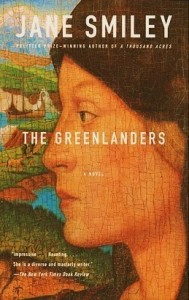
This variation on a Norse saga focuses on one family in Greenland in the 14th century, members of a colony founded there by Erik the Red. Smiley also edited the most recent edition of The Sagas of Icelanders, which includes the original Grænlendinga saga from the 13th century.
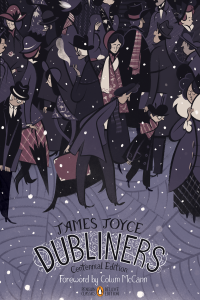
This famous story, which ends Dubliners, itself ends with a man’s realization of his own fatuity and with the words “snow was general all over Ireland … falling faintly through the universe and faintly falling, like the descent of their last end, upon all the living and the dead.”
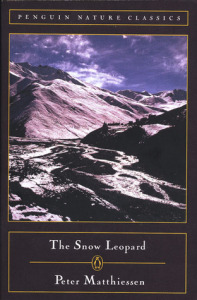
In 1973, following the death of his wife, Matthiessen journeyed to the remote foothills of the Himalayas to find himself, along with the rarely spotted, eponymous beast. Matthiessen is the only person to win the National Book Award in both fiction and nonficton, and the depth of his writing in this book demonstrates why.
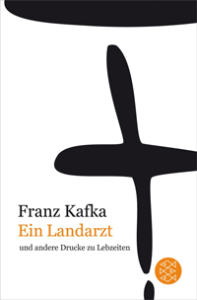
This short story by the king (or perhaps upper–level manager) of existential surrealism is as brief as it is bizarre. A country doctor must tend to a sick boy in the middle of a cold winter’s night, but the progress of his journey is interrupted by inexplicable events, such as the sudden appearance of a magical team of horses. (A Japanese animation studio adapted the story into an equally unsettling short film.)
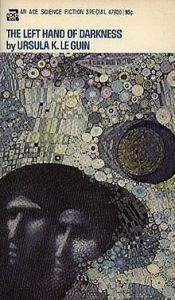
While technically set in a winter very different from our current one—“Winter” being the name of the icy planet of ambisexuals on which the book takes place—this speculative novel, first published in 1969, is as timely as ever in its exploration of gender and social issues.

